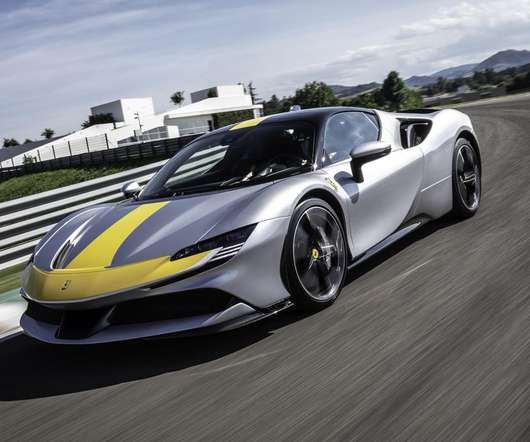BorgWarner suggests Valve-Event Modulated Boost system can offer 6-17% fuel economy benefit over already downsized and turbocharged engines
Green Car Congress
MAY 9, 2012
The VEMB system uses a concentric camshaft, blow-down manifold and scavenge manifold to separate the exhaust event into two phases: high-energy blow-down to the turbo without pumping losses, and high-hydrocarbon scavenge to the EGR system. or so, according to Thomas, resulting in the total possible benefits ranging from about 6% to 17%.






































Let's personalize your content